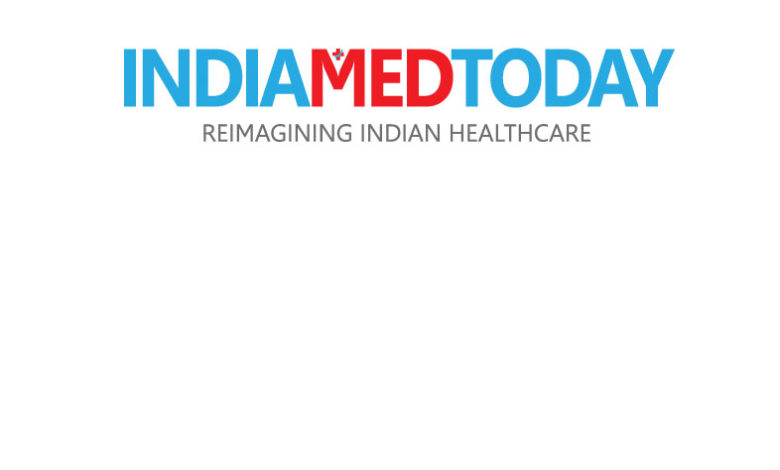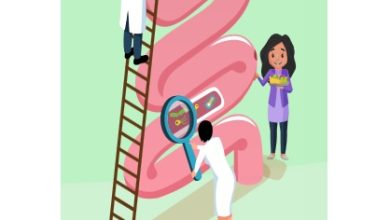AI in Medical Research: The Race for a Cure for COVID-19
How a team of TCS scientists used AI to identify 31 molecules that hold promise towards a drug discovery

Not in at least a hundred years has the global medical community found itself confronted with a challenge as wide and deep as the COVID-19 pandemic.
With resources stretched thin worldwide across the medical spectrum — from caregiving to administrative support — and from infrastructure to research, it is technology such as artificial intelligence in medical research or the use of digital technology in clinical trials that are helping humans in their fight against the Novel Coronavirus.
India, too, like the rest of the world, is part of this ongoing race to find a cure. A leading Indian pharma company had to undertake clinical trials for two of its drugs for COVID-19 patients. Typically, these trials would require that research associates to be present at the hospital or research facility to monitor proceedings in person and in real time.
But lockdown restrictions posed a challenge, making remote monitoring the only viable option. The pharma company was also up against a deadline to kick off trials at the earliest and looking to accelerate its timeline to test and study trial outcomes. It was technology that offered a solution.
TCS’ Advanced Drug Development (ADD) Analytics and Insights Platform furthered a digital transformation in clinical trials as it allowed the pharma team to remotely review critical parameters and key performance indices, execute data driven decisions and enable targeted operational monitoring. The pharma company was tech-enabled to manage the trials remotely using the TCSS ADD Platform setup in a record two weeks.
In a separate research endeavor at TCS’ Innovation Lab in Hyderabad, a team of TCS Research and Innovation (R&I) scientists from the Life Sciences unit identified 31 molecular compounds that hold promise towards finding a cure for COVID-19. Artificial Intelligence (AI) was a key part of this discovery process.
The scientists began by focusing on de-novo drug design and the setting up of an AI model. The fundamental strength of AI is that it can rapidly evaluate multiple scenarios with a multitude of parameters while problem-solving; AI and medical research therefore make for a potent combination.
It is important to remember that the molecular universe comprises zillions of molecules, and the world of chemistry has probably looked at just about a 100 million of these. The next step in this Life Sciences R&I [SR1] research project was to ask the AI model specifically about the SARS-Coronavirus-2 (SARS-CoV-2), the virus that spawned COVID-19.
“We filtered the suggestions of the AI model to a set of 1,450 molecules, and further shortlisted 31 that could possibly be synthesized for further testing,” said Dr Gopalakrishnan Bulusu, a principal scientist involved in the exploration.
The results from the research — put together by Dr Bulusu, Dr Arijit Roy, Dr Navneet Bung and Ms. Sowmya Krishnan — have been published in the preprint open access chemistry archive, ‘ChemRxiv’.
The team is working closely with Council for Scientific and Industrial Research (CSIR) that agreed to provide its labs for the synthesized testing of these 31 molecular compounds. While much is still to come, for now, TCS R&I has taken its first step in the global battle against coronavirus.




